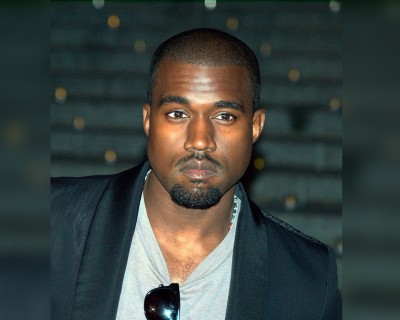
Kanye West played puppeteer with the music industry, the media and his fans with the release of his seventh solo album, “The Life of Pablo.” At first glance, it seems to be a distracted jumble of genres. Upon listening to it for the first time, the listener is easily confused by a lack of direction brought on by the juxtaposition of genres.
However, from the stand-out, gospel-influenced track on the album, “Ultralight Beam,” to tracks like “Feedback,” which sounds much more like something that would fit in with other songs on the radio, West again puts his multifaceted talents on display.
It seems that this is all part of West’s plan for the album.
As expected with any piece of work by Kanye West — after all, he is an artist — “TLOP” turned out to be about a lot more than just the music. In the week prior to the album’s highly anticipated release, Kanye proved his ability to captivate us by taking and pulling us through his tumultuous artistic process via social media.
First came the Twitter rant focused on Amber Rose and Wiz Khalifa. Next, a seemingly random tweet in defense of Bill Cosby, which infuriated many because of his denial of rape allegations. Finally came Kanye’s struggle for perfection, which has left fans clamoring for the final album, searching for any news of a final product.
It is uncertain whether West intends to instigate his audiences or if these outbursts are just symptoms of his self-proclaimed madness. But ultimately, these real-life effects do have a lot of significance in understanding the meaning of the album.
The question, “which one,” posed on “TLOP” cover art reveals itself to be key when considering the content of the album. Does West see himself as the criminal Pablo Escobar or the lustful artist Pablo Picasso? Is it an intentional juxtaposition between the two?
Regardless of which “TLOP” West is trying to evoke (although he has claimed that the true reference is to Saint Paul of Tarsus), the more important question is that of “which version of Kanye is he?”
So is “TLOP” one of the best albums of all time, as West so modestly suggested on his Twitter account? Is this even the best Kanye album thus far?
By most standards, it isn’t. The album sits in the shadow of the epic gestures that were made in West’s fifth album, “My Beautiful Dark Twisted Fantasy.” It wasn’t a game-changer in the way “808s & Heartbreak” was either. However, it is a needed explanation, if not an apology, for his wild antics and may be a good predictor for new directions that rap and hip-hop music will be taking in the future.
The music on “TLOP” is more personal than ever before. If “Dark Fantasy” was made great because of the epic proportions of its sound, then “TLOP” is great because it attempts to relate to the individual listener. By steering away from synth-driven tracks and Auto-Tune, West sticks to topics about personal life and mimics radio sound in songs like “Highlights.” West connects with not only his current fans, but is able to reach out to newer generations.
The songs on “TLOP” are much happier and more hopeful than on West’s more recent albums. With “808s & Heartbreak” and “Dark Fantasy” both expressing the torture of a man in the spotlight and “Yeezus” expressing the angst of stardom, “TLOP” shows a shift in these sentiments with a renewed sense of purpose despite the struggles of living in the limelight.
Above all, West is an artist. It’s only natural for him to want to spark controversy. In the way that “Ultralight Beam” and “Waves” speak to his well-publicized Christian faith, “Famous” and “I love Kanye” are acknowledgements of his image as a celebrity antagonist. Further, they’re statements to the world that he doesn’t care what people think about him.
“The Life of Pablo” is an album of contractions that merge together to paint a picture of faith and narcissism. All of West’s artistry, from the thought-provoking grooming of his track list to the violent egging on of his ad-lib, is meant to push us to react. Because of this, it is successful. It fulfills its message in a way that’s stylish, self-reflective and, above all, unapologetic.




